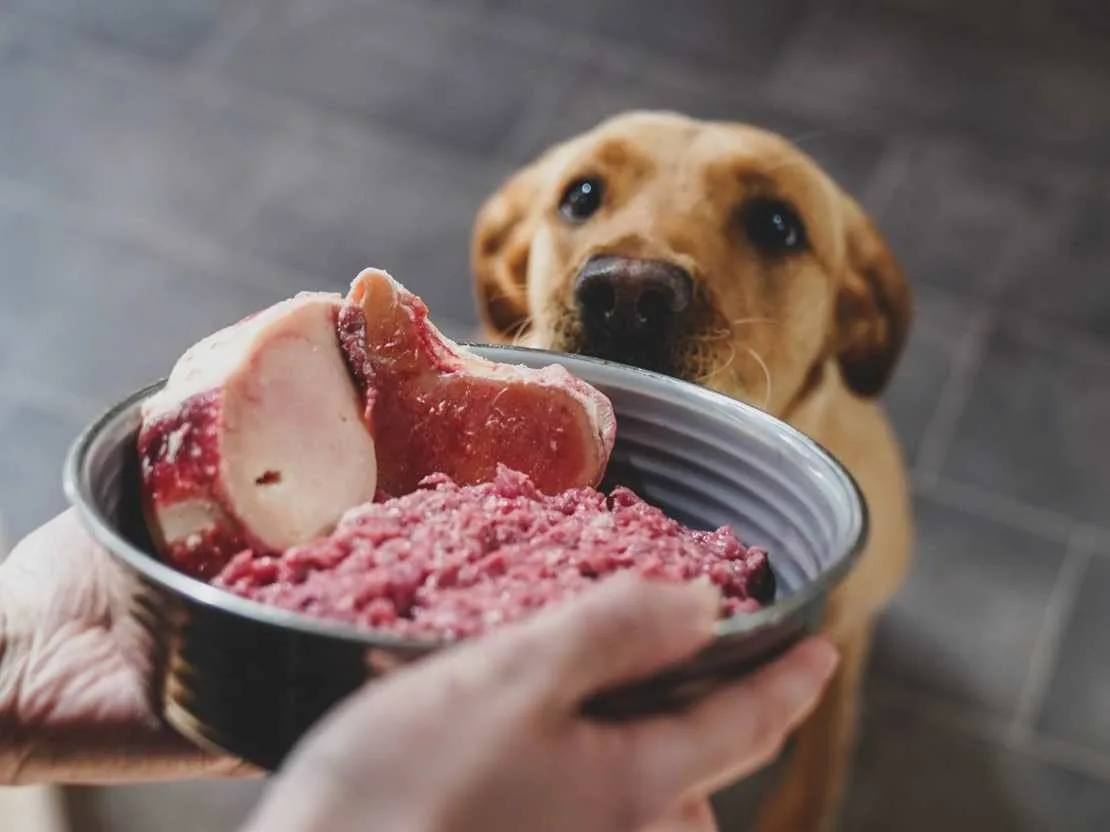Unveiling the Nutritional Power of Raw Dog Food
The raw food diet for dogs has been gaining immense popularity over the last few years, and for good reason. More and more pet parents are realizing the amazing benefits that fresh, unprocessed raw food can provide for their canine companions. Unlike highly processed kibble, raw dog food retains its natural nutritional integrity. It gives dogs the species-appropriate nutrition they need to truly thrive.
As the raw dog food movement continues to gain momentum, it’s important we educate ourselves on the vital nutrients these diets provide. The right balance of proteins, fats, vitamins and minerals is crucial for supporting our dogs’ optimal health and vitality. Join me today as we uncover the nutritional powerhouse that is raw dog food, and the key nutrients your dog needs. This knowledge will empower you to make the best dietary choices for your furry friend.
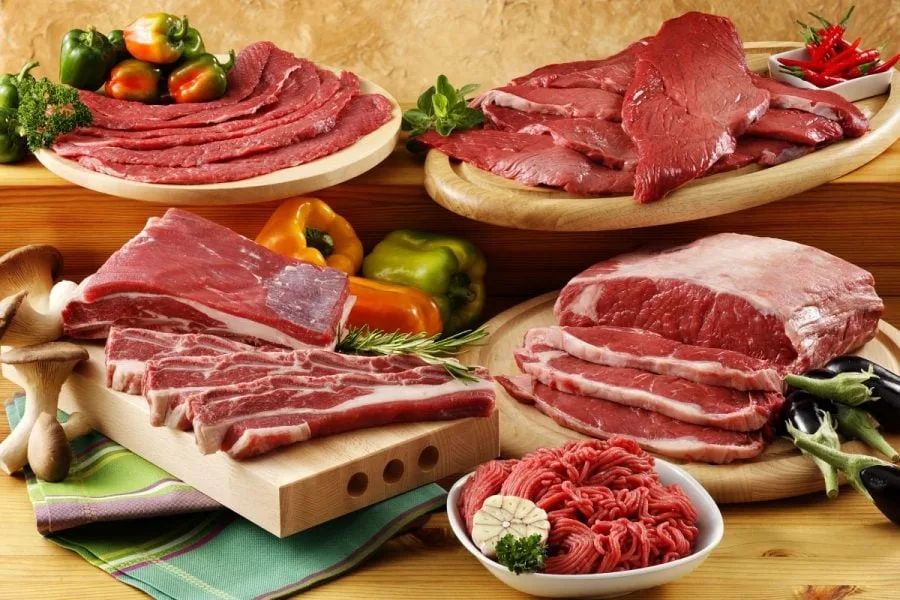
Protein Powerhouses for Optimal Canine Health
Protein is, without a doubt, one of the most important components of your dog’s diet. It provides amino acids that are the building blocks for strong muscles, and supports tissue repair and maintenance. Dogs need a significantly higher protein intake than humans do. So feeding our pups a protein-rich diet is vital for their overall health and wellbeing.
Raw dog food contains uncooked, fresh meats, organs and bones that provide high-quality, highly digestible protein sources. This includes nutrient-dense meats like chicken, turkey, beef, goat, bison and venison. Fish such as salmon, sardines and mackerel are also awesome protein powerhouses. Raw eggs, dairy and organ meats like liver provide additional concentrated protein sources.
These fresh, raw ingredients supply essential amino acids that support your dog’s muscle development and maintenance. The protein helps build and repair tissues, fuels metabolic functions, transports nutrients and maintains fluid balance.
Some of the key amino acids found in raw meat and organ sources include:
- Leucine – Stimulates muscle protein synthesis and growth
- Lysine – Supports collagen formation and calcium absorption
- Methionine – Provides sulfur for healthy skin and coat
- Tryptophan – Precursor for serotonin, important for mood
- Threonine – Crucial for digestive and immune support
- Isoleucine – Supports hemoglobin formation and energy
Additionally, the natural enzymes found only in raw foods aid dramatically in protein digestion and assimilation. This allows your dog to fully benefit from the amino acid content.
Protein deficiencies can result in muscle wasting and loss of mass, leaving your dog weak and lethargic. Their skin and coat condition may also suffer without adequate protein. So optimal protein intake is crucial for keeping your canine athlete energized and allowing them to build lean, strong muscles. It also supports ideal organ, tissue, bone and immune function for complete canine health.
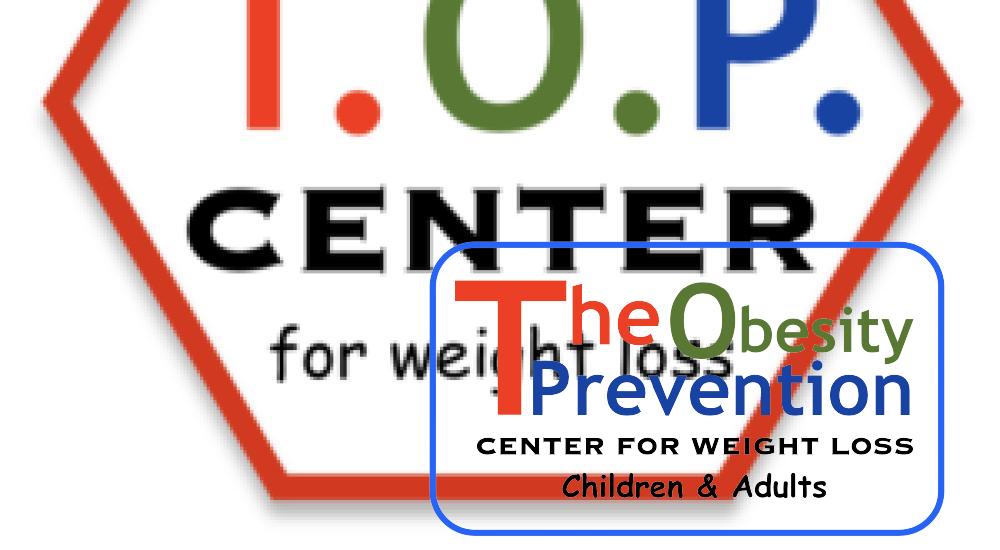
Fats and Fatty Acids: Fueling Energy and Wellness
While the word “fat” tends to have a negative connotation in human diets, healthy fats are actually vital for dogs. Canines have evolved to thrive on a diet much higher in fat than humans. Fats provide concentrated energy, aid nutrient absorption, and support skin health, brain function and much more.
The key is feeding dogs the right types of fats. Raw dog food contains beneficial unsaturated fats from ingredients like fish, nuts and seeds. Rich in Omega-3 and Omega-6 fatty acids, these fats reduce inflammation, nourish skin and coats, and boost cognitive function. Raw animal fats are also an excellent energy source for active dogs.
Some of the most important fatty acids for dogs include:
- Alpha-linolenic acid (Omega-3) – Supports healthy inflammation response
- Eicosapentaenoic acid (EPA) (Omega-3) – Boosts skin, coat, joint and heart health
- Docosahexaenoic acid (DHA) (Omega-3) – Important for cognitive function
- Linoleic acid (Omega-6)- Maintains healthy skin and coat
- Arachidonic acid (Omega-6) – Aids growth, reproduction and wound healing
Incorporating the right balance of polyunsaturated, monounsaturated and saturated fats into your dog’s diet provides energy for peak performance. Essential fatty acids also support healthy digestion, nutrient assimilation, hormone function, vision, the nervous system and overall wellness.
Some signs your dog may not be getting adequate good fats include:
- Dry, flaky skin and dull coat
- Excessive shedding
- Hot spots and itchy skin
- Weight gain or obesity
- Cognitive decline
- Joint stiffness and difficulty exercising
So optimal fat intake is vital for your dog’s energy, health and appearance. Varied raw fat sources like fish, seeds, organs and animal fat ensure your pup gets the ideal fatty acid profile.
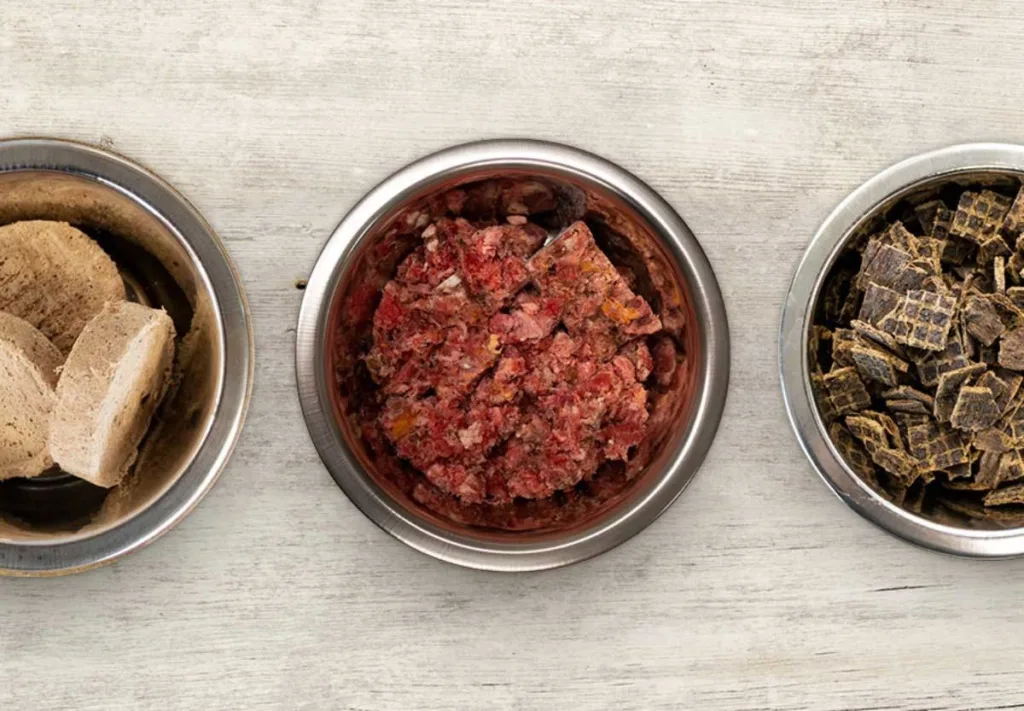
Essential Vitamins: Nurturing Canine Vitality
In addition to macronutrients like proteins and fats, a variety of vitamins are also imperative for your dog’s optimal functioning. These micronutrients enable countless biochemical reactions and bodily processes that nurture wellbeing.
Vitamin A, for example, supports eye and skin health, growth and immune function. It’s abundant in raw liver, kidneys, dairy and cod liver oil. Vitamin D aids bone formation, calcium absorption and cell growth. Raw meats, eggs and cod liver oil provide bioavailable vitamin D sources.
B-complex vitamins like thiamine, riboflavin, B6 and B12 are crucial for converting food to energy. Raw meats and green tripe supply these essential B vitamins. Vitamin E acts as a powerful antioxidant, protecting cells against damage while supporting normal vision and cognitive function. Nuts, seeds and leafy greens provide excellent vitamin E sources.
Here’s a more in-depth look at some of the most vital vitamins for dogs:
- Vitamin A – This fat-soluble vitamin supports vision, reproductive health, immunity and more. Deficiency can cause night blindness.
- Vitamin D – Working synergistically with calcium, this vitamin aids bone formation and neuromuscular function. Lack of vitamin D leads to rickets.
- Vitamin E – This antioxidant vitamin nourishes skin, eyes, nerves and muscles. Deficiencies can impair coordination and mobility.
- Vitamin K – Supports blood clotting and bone health. Without it, dogs risk uncontrolled bleeding.
- Thiamine – As Vitamin B1, this is crucial for metabolism, energy and brain function. Deficiency causes neurological impairment.
- Riboflavin – Vitamin B2 helps convert food to energy and aids growth. Dogs need it for red blood cell production.
- Vitamin B6 – Important for protein metabolism, red blood cell formation and neurotransmitters. Deficiencies cause skin lesions and seizures.
- Vitamin B12 – This vitamin enables cell division and normal nerve function. Lack of B12 causes anemia and neurological damage.
Feeding your dog a variety of raw, fresh whole foods ensures they obtain all the vitamins they need for optimal energy, digestion, growth, healing and disease resistance. It’s the ultimate way to nurture true canine vitality!
Crucial Minerals: Building Blocks of Canine Wellness
In addition to vitamins, a spectrum of minerals is vital for canine health. These inorganic compounds support bone strength, blood cell formation, enzyme function, fluid balance and much more.
Calcium and phosphorus, for example, make up 85% of your dog’s bones and teeth. Their synergistic action supports structural integrity. Raw meaty bones, dairy, fish and eggs provide bioavailable forms.
Iron carries oxygen in the blood to every cell, boosting energy. Raw liver and other organ meats are excellent sources. Zinc aids wound healing, thyroid function, coat health and reproductive health. Oysters, beef and pork supply abundant zinc.
Meanwhile, selenium boosts thyroid function and antioxidants, enhancing immunity. Raw liver, fish and poultry provide selenium. Iodine supports thyroid function and metabolism; seaweed and fish provide this mineral. Copper aids collagen production and iron absorption, found in organ meats. Manganese enables brain and nerve function, obtained from bones, eggs and greens.
Here’s a closer look at some of the most important minerals for canine health:
- Calcium – Needed for strong bones and teeth, nerve transmission, muscle contraction and more. Deficiency causes rickets.
- Phosphorus – Works synergistically with calcium for bone formation. Also crucial for energy production. Deficiency impairs bone mineralization.
- Potassium – Critical for fluid balance, nerve transmission and muscle function. Low potassium causes weakness and cardiac issues.
- Sodium – Needed for fluid balance, nerve impulse transmission and muscle contraction. Deficiency can be fatal.
- Chloride – Important for production of hydrochloric acid in digestion and maintaining fluid balance.
- Magnesium – Enables hundreds of biochemical reactions and supports nervous system health. Deficiency causes neuromuscular abnormalities.
Feeding mineral-rich ingredients like bones, green tripe and whole prey nourishes your dog’s body from nose to tail. These building blocks allow optimal growth, performance, circulation, immunity and vitality.
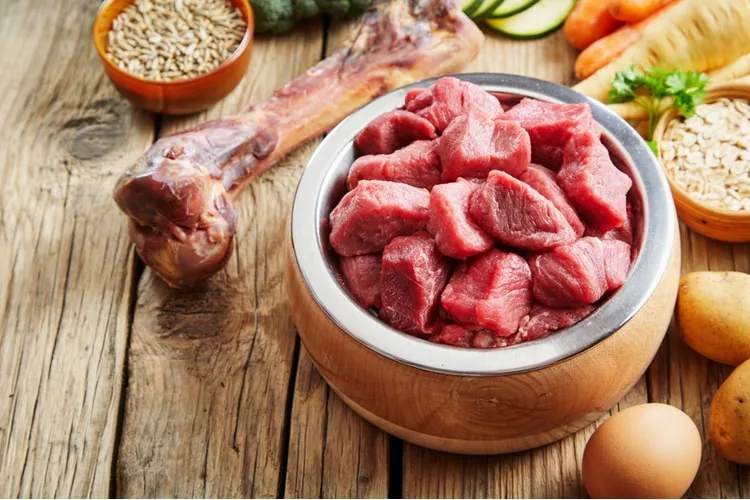
Nourishing Your Furry Friend with Nature’s Best
After exploring the nutritional elements of raw dog food, it’s clear why this biologically appropriate diet is gaining so much traction. Fresh, wholesome ingredients provide the ideal balance of proteins, fats, vitamins and minerals canines need to thrive.
Raw diets nourish your dog’s body from the inside out in the most natural, species-appropriate way. This allows them to achieve optimal physical and mental health and happiness. By feeding proteins for strength, fats for energy, vitamins for vitality and minerals for total body function, raw food gives your furry friend the best shot at an awesome life.
I hope this detailed overview unveils the tremendous health benefits within raw dog food and its perfectly blended nutritional profile. Don’t just take my word for it – do your own research, consult pet nutritionists and consider the raw route. Your best friend deserves the power of nature’s very best ingredients.
Encouragement and Call-to-Action Section:
If you enjoyed this post and want to learn more about optimizing your dog’s diet and wellbeing, be sure to subscribe to my free monthly email newsletter. Just drop your email address in the box below for regular updates on pet health, nutrition, natural remedies and more.
You can also take advantage of our limited-time free 10-minute nutrition consult for your dog! Just click the button below and book a meeting to discuss your dog’s unique needs. I’d love to provide tailored dietary recommendations to support your furry friend’s optimal vitality.
For further reading on the benefits of raw dog food, check out our related posts on homemade recipes, transition tips, common myths and more.
Wishing you and your canine companion abundant health as you continue your pet nutrition journey! Let me know if you have any other questions.
Thank you for reading this post, don't forget to subscribe to our free newsletter
!
